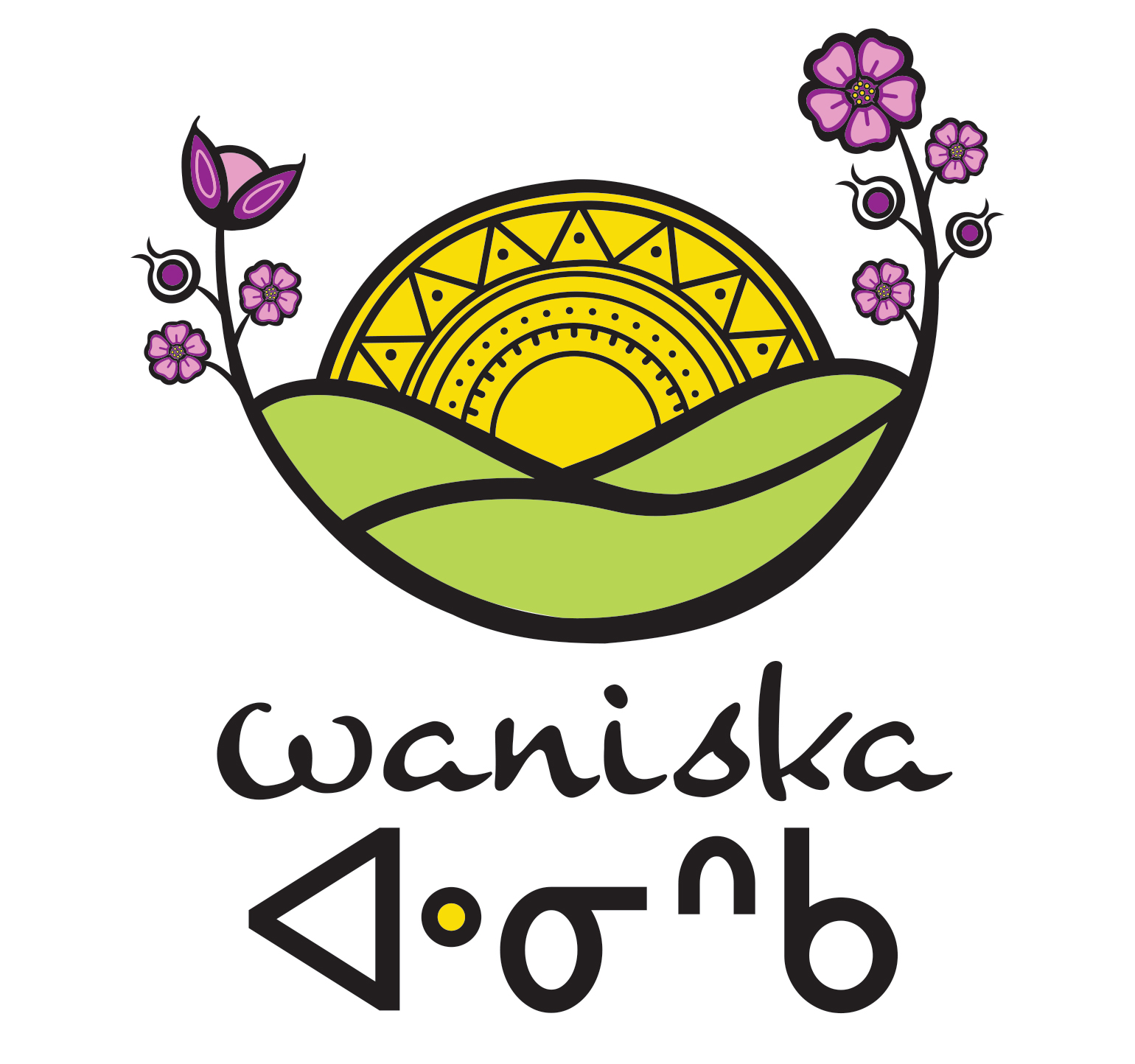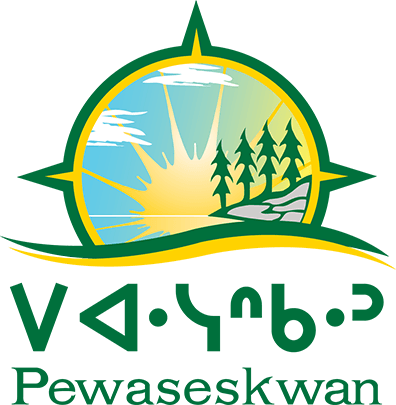
The Waniska Indigenous Centre for HIV/HCV/STBBI Inequities is based at USask within Pewaseskwan (the Indigenous Wellness Research Group).
Waniska is a Cree and Saulteaux word that means wake up, arise. It’s a concept filled with optimism for the new day, which we greet with renewed energy and passion. It’s a verb, reflecting that as Indigenous people, our knowledge is action-oriented. Waniska describes the Saskatchewan Health Authority Patient/Family Advisory Committee for HIV/AIDS, and is a tribute to people with lived experience of HIV.
Indigenous and non-Indigenous health professionals and educators based in Saskatchewan and Manitoba will collaborate in new and innovative ways to address health inequities in the diagnosis and treatment of HIV, sexually-transmitted infections and blood-borne infections (STBBI), and hepatitis C (HCV) among First Nations, Inuit and Métis. Prevention and harm reduction will also be key areas of focus.
The HIV and HCV incidence rates in the provinces of Saskatchewan and Manitoba rank among the highest in Canada. In both provinces, Indigenous people bear the burden of these infections with rates two to six times the provincial rates. There exists a critical need for a regional Indigenous-led HIV/HCV/STBBI research centre, grounded in Indigenous philosophies and methodologies.
Research on HIV and HCV among Indigenous communities has largely ignored the social, colonial and historical context of HIV-related health problems and the inequitable access to screening, diagnosis, treatment, care and social supports. Furthermore, the research is predominantly led by non-Indigenous researchers, and historically by researchers from outside the SK/MB region. Waniska addresses these gaps by building approaches grounded in Indigenous philosophies and methodologies, and employing the concept of etuaptmumk (Two-eyed Seeing) to take advantage of the best of Indigenous and Western capabilities.
The centre builds innovative land-and culture-based research, develops infrastructure to support Indigenous communities and academics, and trains the next generation of Indigenous scholars, practitioners and community members to develop innovative HIV research projects in these geographically connected territories. The Waniska Centre is led by Indigenous principal investigators and strong allies, bringing unique partnerships with Indigenous entities regionally, nationally and globally.
Waniska Centre Action Aims:
In keeping with our overarching aim to eliminate HIV/HCV/STBBI inequities, we aim to do the following, which will be informed by Indigenous theoretical frameworks and methodologies:
Aim 1. Build an interdisciplinary, collaborative research infrastructure among academic, civil society and Indigenous people and communities to enrich game-changing research, mentoring/training activities, community engagement, and curricular innovation to improve access to testing as well as improved linkage to and retention in care.
Aim 2. Develop a critical mass of Indigenous researchers with HIV/HCV/STBBI expertise through implementing innovative partnerships across the region, Canada and internationally.
Aim 3. Increase innovative, culturally-grounded, Indigenous and scientifically rigorous HIV/HCV/STBBI research focused on and led by Indigenous communities that restore gender balance.
Aim 4. Translate, mobilize and network high impact, culturally relevant knowledge and practices with Indigenous communities.
The centre also mentors and trains a new generation of Indigenous experts in HIV prevention and treatment, with opportunities for students to specialize in HIV care.
Waniska Indigenous Centre on HIV/HCV/STBBI Inequities is funded by the CIHR.
For more information, visit: www.waniskacentre.ca
To contact us, please email: pewaseskwan@usask.ca


